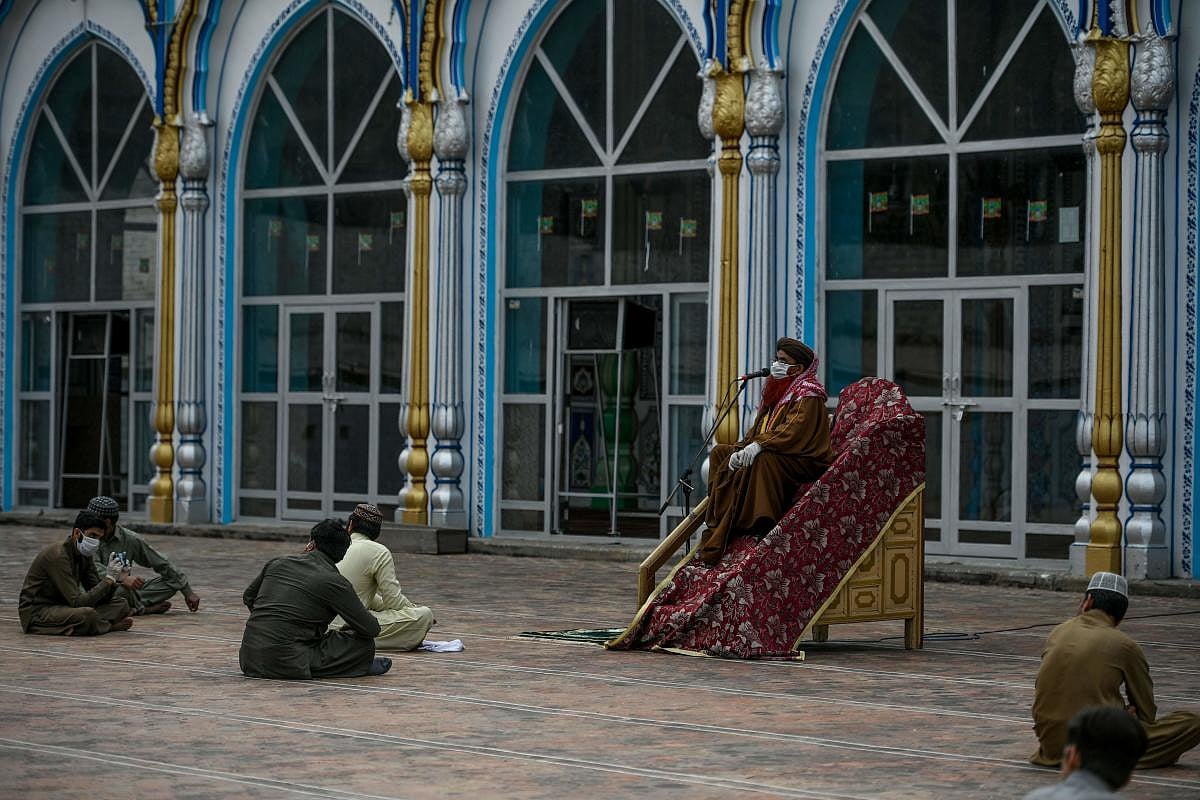
By bowing to pressure from hard-line clerics to keep mosques open during the Ramzan month, the Imran Khan government has put in jeopardy the lives of millions of Pakistanis. The COVID-19 pandemic has hit Pakistan hard; some 11,555 people have tested positive so far for coronavirus infection. As in other South Asian countries, testing has been limited and hence statistics do not reveal the full extent of the pandemic in the country. Given Pakistan’s rickety health infrastructure, social distancing is realistically the most useful weapon to contain the virus’ spread. But the efficacy of this weapon has been severely blunted with the government agreeing to allow mass gatherings at mosques. For over a month, authorities and clerics have clashed over the question of allowing congregational prayers and the government has repeatedly given in to the latter’s demands. Clerics have promised to ensure that worshippers maintain a metre’s distance from each other inside the mosque. But this is going to be difficult to achieve. Mosque authorities and police will not be able to enforce social distancing given the huge numbers that come to mosques during the Ramzan month.
The Pakistan government’s decision is worrying for several reasons. Religious congregations have proved to be major vectors of the coronavirus pandemic across the world and Pakistan’s mosques, especially during Ramzan, are likely to fit into this pattern. Pakistan is likely to see the number of coronavirus infections grow in the coming month. Even if authorities shut down mosques after a few days, it may prove too late. As disturbing is the irresponsible conduct of Pakistan’s clerics. Unlike their counterparts in other countries, including Saudi Arabia, who have shut down mosques, clerics in Pakistan are urging people to defy the government and crowd mosques in larger numbers. They are misleading the masses into believing that faith alone will defeat the coronavirus. More alarming is the manner in which Prime Minister Khan has allowed bigots and extremists to direct his policies at a time of crisis.
Pakistan finds itself in a difficult situation today because successive governments have used clerics to consolidate themselves. Empowered by State support, such clerics are today in a position to determine policy. There are lessons that other countries, including India, can draw from Pakistan’s plight. Pandering to bigots and religious extremists will weaken the State’s capacity over the long run to craft policy that is in the best interest of the nation and its citizens. Pakistan’s problems with its clerics should remind us in India that we have much to gain from protecting our secular Constitution and by keeping the State free from the influence of religious bigots.